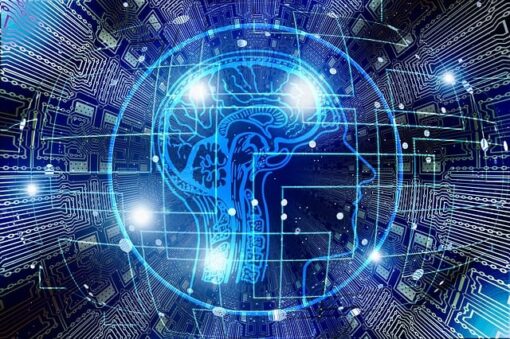Artificial Intelligence (AI) is a branch of computer science that deals with the creation of intelligent machines that can perform tasks that usually require human intelligence. AI has been a topic of research since the 1950s, and has seen a resurgence in recent years due to advances in machine learning and data processing capabilities.
Some popular references to AI include:
· AlphaGo, a computer program developed by Google DeepMind that defeated the world champion of the ancient Chinese game of Go.
· Siri, a virtual assistant developed by Apple that uses natural language processing to respond to voice commands.
· Self-driving cars, which use AI and machine learning algorithms to navigate roads and avoid obstacles.
· Robotics, which use AI to perform complex tasks such as grasping objects and walking.
These examples demonstrate the potential of AI to revolutionize many industries and aspects of daily life, but also raise important ethical questions about the role of machines in society and the potential for AI to be misused.
One of the key techniques used in AI is machine learning, which involves training algorithms on large datasets in order to make predictions or decisions. There are various types of machine learning, including supervised learning (where the algorithm is given labelled examples to learn from) and unsupervised learning (where the algorithm tries to find patterns in unlabelled data). Deep learning, a type of artificial neural network, has seen particularly impressive results in recent years in areas such as image and speech recognition.
Despite the tremendous progress in AI, there are still many challenges that need to be addressed. One of the biggest is ensuring that AI systems are transparent and explainable, so that their decisions can be trusted and understood by humans. There is also concern about the impact of AI on jobs, as some tasks that were previously performed by humans may be automated. It is important for researchers and policymakers to carefully consider the ethical implications of AI, and to develop responsible approaches to its development and deployment.
In conclusion, AI has the potential to transform many aspects of our lives, but it also raises important questions about the role of machines in society and the ethical implications of their development. As AI continues to advance, it will be important to approach it with caution and a clear understanding of its potential benefits and risks.




